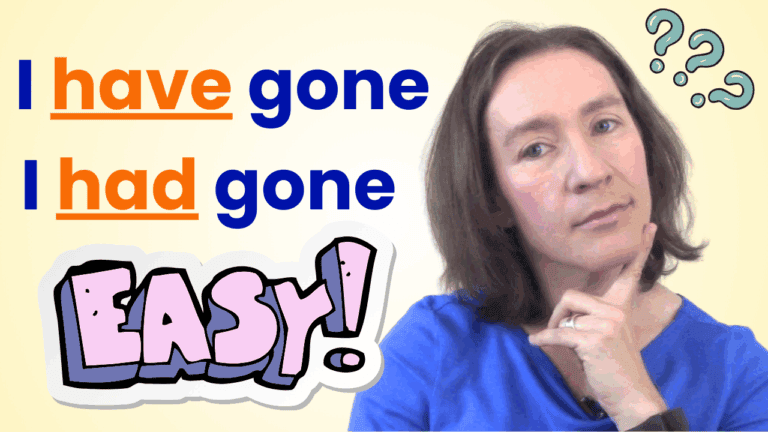
Incorrect: I wore a jeans.
Correct: I wore jeans. / I wore a pair of jeans.
The nouns jeans, pants, shorts, scissors and glasses are special. Although each word refers to one singular item, we can’t use “a” with these words. Instead, you can use no article or “a pair of.” If you want to talk about multiple items, say “two/three/four pairs of ________.”
- She’s wearing glasses.
- I bought a pair of shorts at the mall.
- There’s a pair of scissors on my desk.
- I have two pairs of white pants.
Incorrect: He loves team sports as soccer.
Correct: He loves team sports such as soccer.
Correct: He loves team sports like soccer.
When you want to give an example, use such as or like. Don’t use only “as.”
Such as is more formal than like.
Incorrect: I didn’t save money enough.
Correct: I didn’t save enough money.
The word enough comes before a noun, but after an adjective:
- We have enough food.
(food = noun) - You’re not tall enough to go on the ride.
(tall = adjective)
Incorrect: I worked a lot in last month.
Incorrect: We’ll meet on next Monday.
Correct: I worked a lot last month.
Correct: We’ll meet next Monday.
We normally use “in” with months and “on” with days. However, when you use the words last and next, you don’t need “in” or “on.”
Incorrect: It was so long time ago.
Correct: It was so long ago.
Correct: It was such a long time ago.
Use so + adjective / adverb:
- She’s so friendly.
- This sandwich is so good.
- He works so hard.
Use such a + adjective + noun:
- She’s such a friendly person.
- This is such a good sandwich.
- He has such a demanding job.
Note: when the noun is plural, don’t use “a”:
- They are such friendly people.
- These are such good cookies.
Incorrect: I lent to him some money.
Correct: I lent him some money.
Correct: I lent some money to him.
This rule applies to lend, give, and other verbs that have both a direct object and an indirect object. You can put the indirect object without “to” immediately after the verb, or you can put the indirect object with “to” after the direct object.
- He gave Rachel the keys.
- He gave the keys to Rachel.
Incorrect: Roller coasters make me to feel sick.
Correct: Roller coasters make me feel sick.
Let, make, and have are causative verbs. They are followed by the indirect object and the base form of the next verb, without “to”:
- Our boss doesn’t let us leave work early.
- My mom makes me clean my room.
- I’ll have my assistant call you later today.
In the case of help, we can use “to” or not, but it’s more common not to do so:
- Please help me carry these boxes. (more common)
- Please help me to carry these boxes.
Incorrect: You stopped me make a mistake.
Correct: You stopped me from making a mistake.
The words stop and prevent are followed by someone/something + from + verb-ING:
- The vaccine stops people from catching the disease.
- The waterproof covering prevents the equipment from getting wet.










